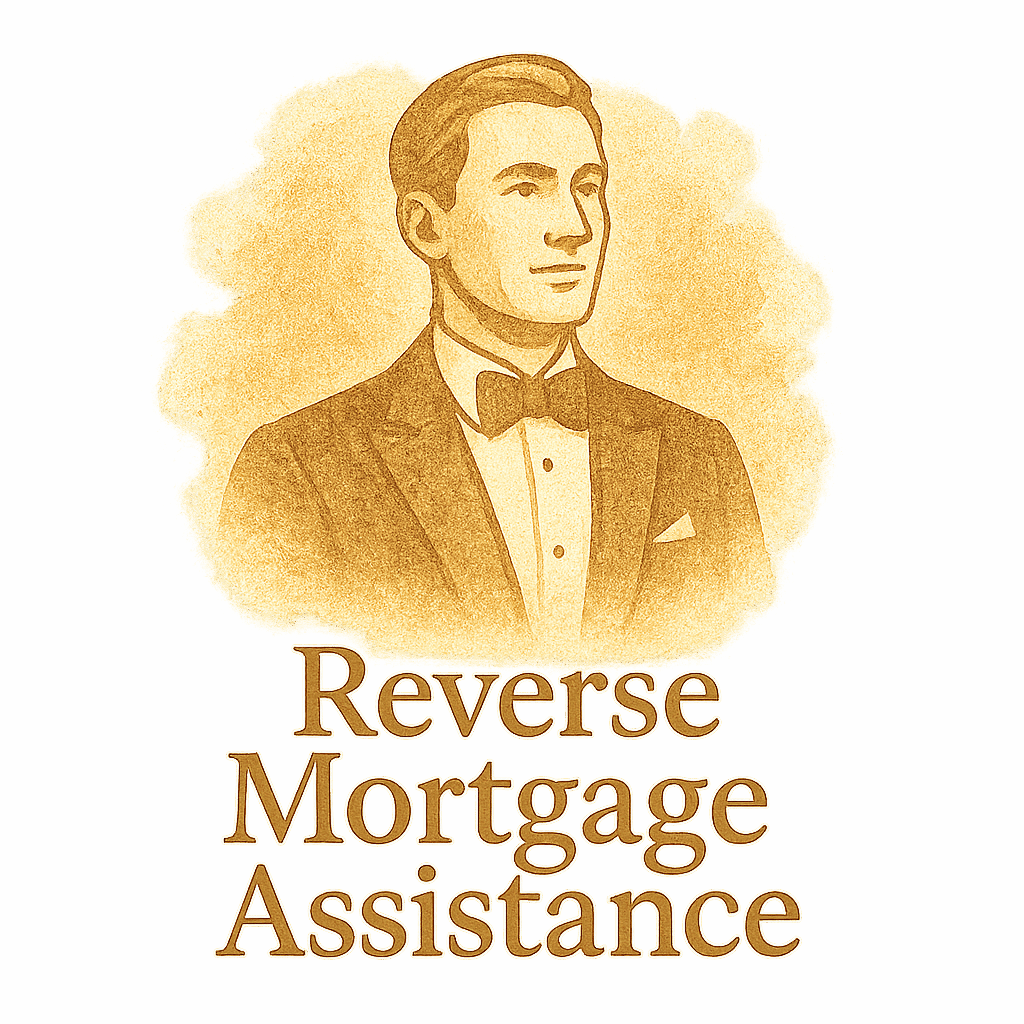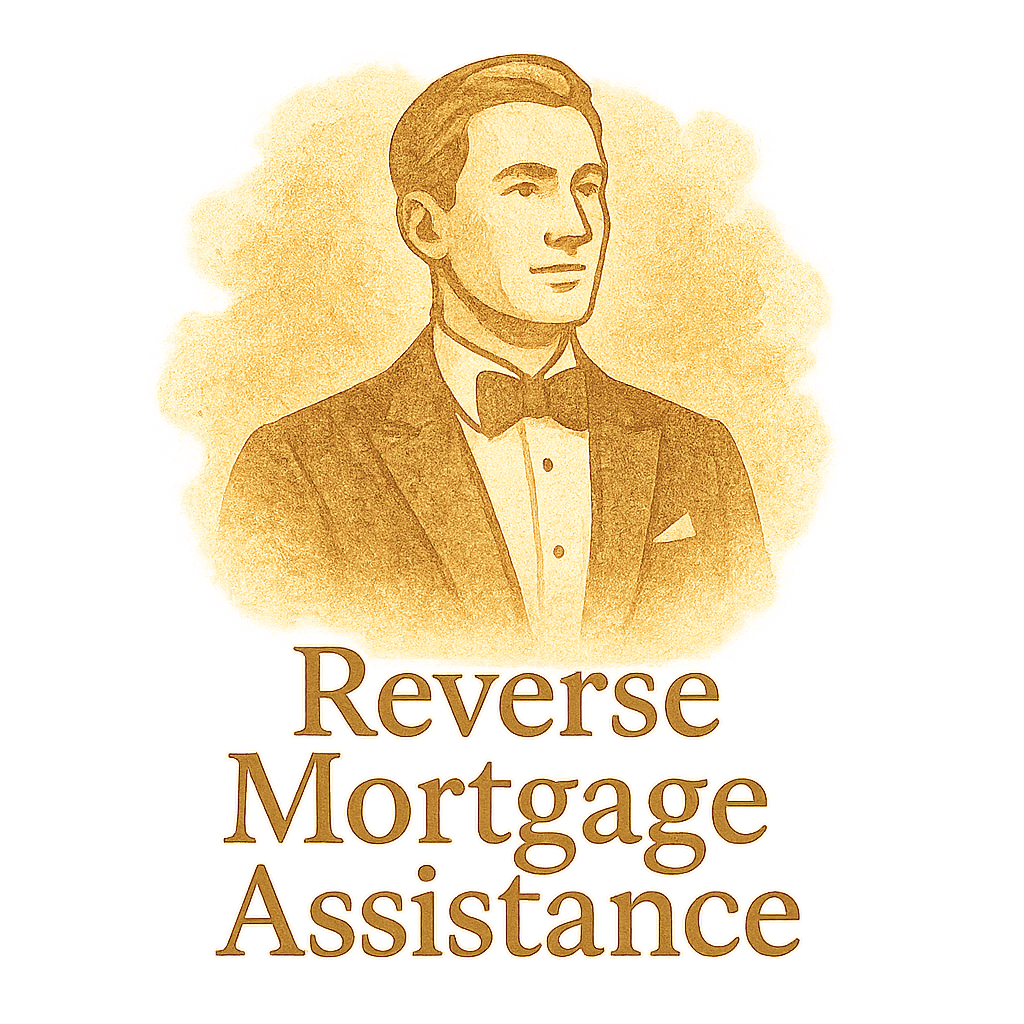If you’re considering a reverse mortgage—or already have one—you’re not alone. Reverse mortgages can be powerful tools for seniors looking to tap into their home equity, but they also come with important rights and responsibilities. The key? Protecting your home starts with understanding those reverse mortgage rights.
Let’s break down exactly how to shield your most valuable asset while still enjoying the financial flexibility a reverse mortgage can offer.
Understanding Reverse Mortgage Rights
What Is a Reverse Mortgage?
A reverse mortgage is a special type of home loan that allows homeowners aged 62 or older to convert part of their home equity into cash. Unlike traditional mortgages, you don’t make monthly payments—the loan is repaid when you move out, sell the house, or pass away.
Curious to dig deeper? Check out the Reverse Mortgage Basics to get a full understanding.
Who Qualifies for a Reverse Mortgage?
To qualify, you generally need to:
- Be 62 years or older
- Live in the home as your primary residence
- Have sufficient equity
- Meet financial eligibility criteria set by the lender
Why Reverse Mortgage Rights Matter
Understanding your rights ensures that your home stays protected and your family avoids financial surprises. From legal protections to repayment rules, knowing your rights helps you avoid scams and pitfalls.
1. Know Your Legal Protections
Homeowner Rights Under FHA Rules
If you have a federally insured Home Equity Conversion Mortgage (HECM), your rights are backed by the Federal Housing Administration (FHA). This includes protections like mandatory counseling and limitations on lender behavior.
Explore more legal insights at our Legal & Regulatory page.
Non-Borrowing Spouse Protections
Worried about what happens if your spouse isn’t on the loan? Good news: FHA rules offer protections for non-borrowing spouses, allowing them to stay in the home under certain conditions.
HUD Guidelines You Should Know
The U.S. Department of Housing and Urban Development (HUD) issues strict guidelines that lenders must follow. Understanding these can help you enforce your rights if problems arise.
2. Read and Understand the Contract
Common Reverse Mortgage Terms
Contracts can be full of jargon. Make sure you understand terms like “principal limit,” “loan maturity event,” and “non-recourse loan.” Confused? Don’t worry—we’ve broken down these legal terms for you.
Avoiding Common Contract Pitfalls
One of the biggest risks is not reading the fine print. Be cautious of balloon clauses, service fees, and ambiguous repayment terms. Explore our contracts section to stay informed.

3. Stay on Top of Property Obligations
Taxes, Insurance, and Maintenance Responsibilities
Even though you’re not making mortgage payments, you’re still responsible for property taxes, homeowners insurance, and basic maintenance. Fail to keep up, and your loan could go into default.
What Happens If You Fail These Requirements?
If you neglect these responsibilities, your lender may call the loan due and payable. That’s the worst-case scenario—but totally avoidable with proper planning. Learn how others have handled these situations by browsing our mortgage case studies.
4. Involve Family and Legal Advisors
Open Communication with Heirs
Many misunderstandings about reverse mortgages happen within families. Discuss your plans openly with heirs so they understand what will happen to the home.
Why Legal and Financial Guidance Matters
Consult a trusted attorney or financial planner who understands reverse mortgage rights. It’s smart to get advice from someone who isn’t tied to the loan company.
5. Know Your Repayment Triggers
What Causes Loan Repayment to Begin?
Your reverse mortgage typically becomes due when:
- You move out for more than 12 consecutive months
- You sell the home
- You pass away
Understanding this helps avoid surprises. See how to prepare for each stage by reviewing our mortgage planning strategies.
Planning for the End of the Loan
Prepare early for loan repayment scenarios by involving your family and setting expectations. Whether selling, refinancing, or paying off the loan, knowing your options gives you control.
6. Review Your Loan Regularly
Using Loan Comparison Tools
Don’t just set it and forget it. Regularly compare your loan terms with other options. Use our loan comparison guide to evaluate whether you’re still getting the best deal.
Also, check our loan comparison tag for detailed insights and updates.
Adjusting Your Strategy as You Age
As your financial and health situation evolves, your reverse mortgage plan might need to shift. Revisiting your approach every year ensures it still aligns with your retirement goals.
For more, visit the retirement tag.
Conclusion
Your home is more than just a building—it’s your sanctuary, your nest egg, and your legacy. A reverse mortgage can offer financial peace of mind, but only if you know how to protect your rights. By understanding the rules, staying informed, involving your family, and keeping tabs on your loan, you’re setting yourself up for success.
Stay proactive, ask questions, and remember—your home, your rights!
Learn more at Reverse Mortgage Assistance, your go-to source for guidance, tips, and expert insights.
FAQs
1. Can I lose my home with a reverse mortgage?
Yes, but only if you fail to meet the loan terms—like paying property taxes, insurance, or living in the home. Staying informed prevents this.
2. What happens to my reverse mortgage if I move into a nursing home?
If you’re away for more than 12 consecutive months, your loan may become due. Planning ahead with family is essential.
3. Are reverse mortgages a scam?
Not inherently. Scams exist in every industry, but understanding the basics and working with HUD-approved lenders helps protect you.
4. Can my children inherit my house if I have a reverse mortgage?
Yes, but they’ll need to repay the loan balance—usually through sale, refinance, or other assets.
5. Is it possible to refinance a reverse mortgage?
Yes! Use our loan comparison tools to see if refinancing makes sense for you.
6. What role does equity play in a reverse mortgage?
Equity is key. The more you have, the more money you can access. Dive deeper into equity insights.
7. Where can I find more resources on reverse mortgage outcomes?
Our outcomes section covers real-life stories and expert advice for every situation.


